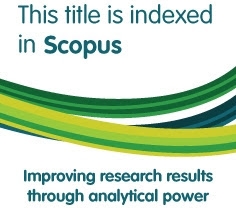The Historical Origins of Control over Deviant Groups in Malaysia: Official Fatwá and Regulation of Interpretation
Abstract
In Malaysia, official fatwá issued in each state played a crucial role in the regulation of ajaran sesat, or ‘deviant’ groups, such as Darul Arqam, Ahmadiyah, Taslim, Shi’a and many Sufi orders. The regulation of groups through official fatwá can be traced back to the 1930s. The development of control over them was deeply concerned with the upheavals in the Islamic world in the 1920s and the rise of the Salafi stream. The muftī in the Malay sultanates took the initiative in the regulation of ‘deviant’ groups. Among them was Sayyid Alawi Tahir al-Haddad, a muftī from Johor, who denounced the Salafism, or Kaum Muda, in Southeast Asia and other new streams through his fatwá. Sayyid Alawi was from Hadhramaut in Yemen, the stronghold of the Shafi‘i school. His attempt to strengthen the Shafi‘i school and regulate the new streams of Islamic thought was, in Malaysia, one of the origins of the efforts to gain control over ‘deviant’ groups through official fatwá.
Keywords
Full Text:
PDFDOI: https://doi.org/10.15408/sdi.v22i2.1917
Refbacks
- There are currently no refbacks.

All publication by Studia Islamika are licensed under a Creative Commons Attribution-NonCommercial 4.0 International License.
Studia Islamika, ISSN: 0215-0492, e-ISSN: 2355-6145
View My Stats
